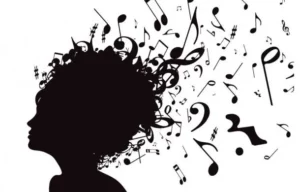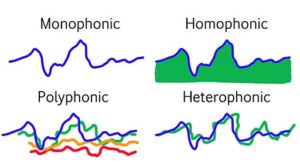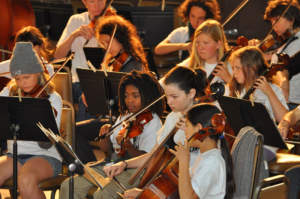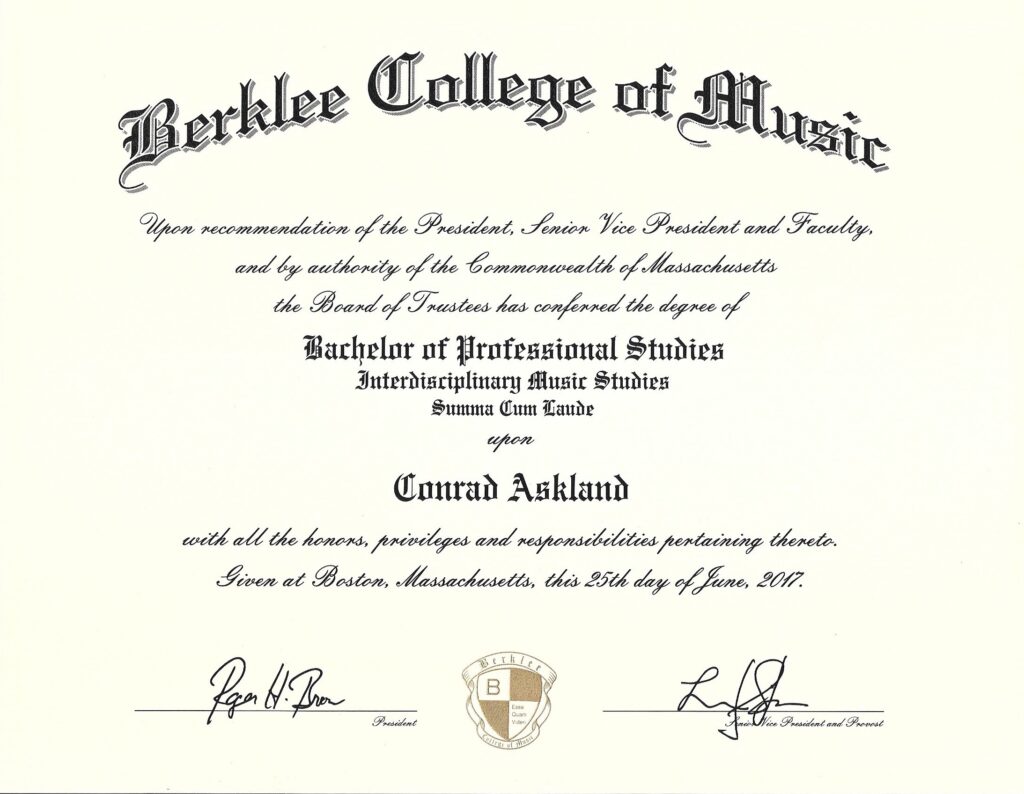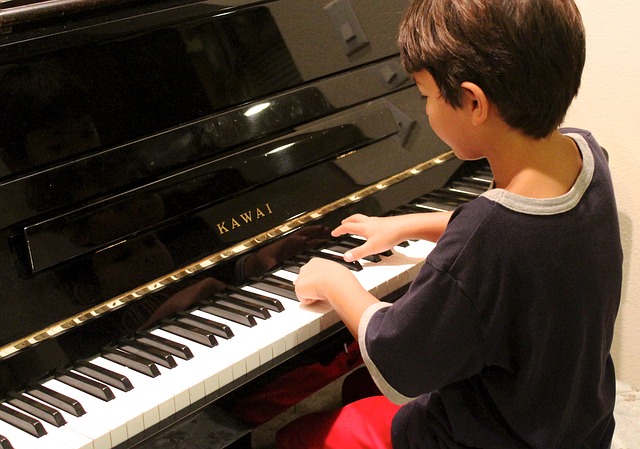Music is a complex and multi-faceted art form that encompasses a wide range of sounds, rhythms, melodies, harmonies, and structures organized in meaningful ways. It is a form of human expression that transcends language and cultural barriers, communicating emotions, thoughts, and ideas through organized sound.
At its core, music is a combination of sounds arranged in time, creating patterns and relationships that evoke emotions, trigger memories, and stimulate the senses. It involves elements such as melody (a sequence of pitches or notes), rhythm (the arrangement of sounds in time), harmony (the combination of different pitches or chords), dynamics (the varying levels of volume and intensity), timbre (the unique quality or color of a sound), and form (the structure and organization of musical elements).
